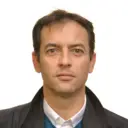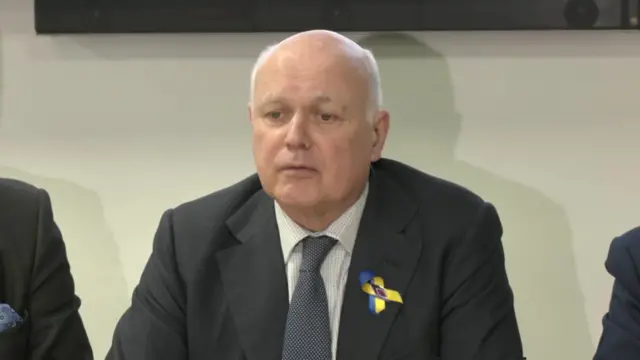Chinese state-affiliated actors behind two malicious cyber campaigns - deputy PMpublished at 15:42 GMT 25 March 2024Breaking
Deputy Prime Minister Oliver Dowden begins by telling the House of Commons that everyone will recognise the seriousness of the issue, particularly in a year when so many democratic elections will be taking place around the world.
He wants to reassure MPs that the government is taking steps to "address the threat".
He says Chinese state affiliated actors have been responsible for two malicious cyber campaigns targeting the UK's democratic institutions and parliamentarians.




